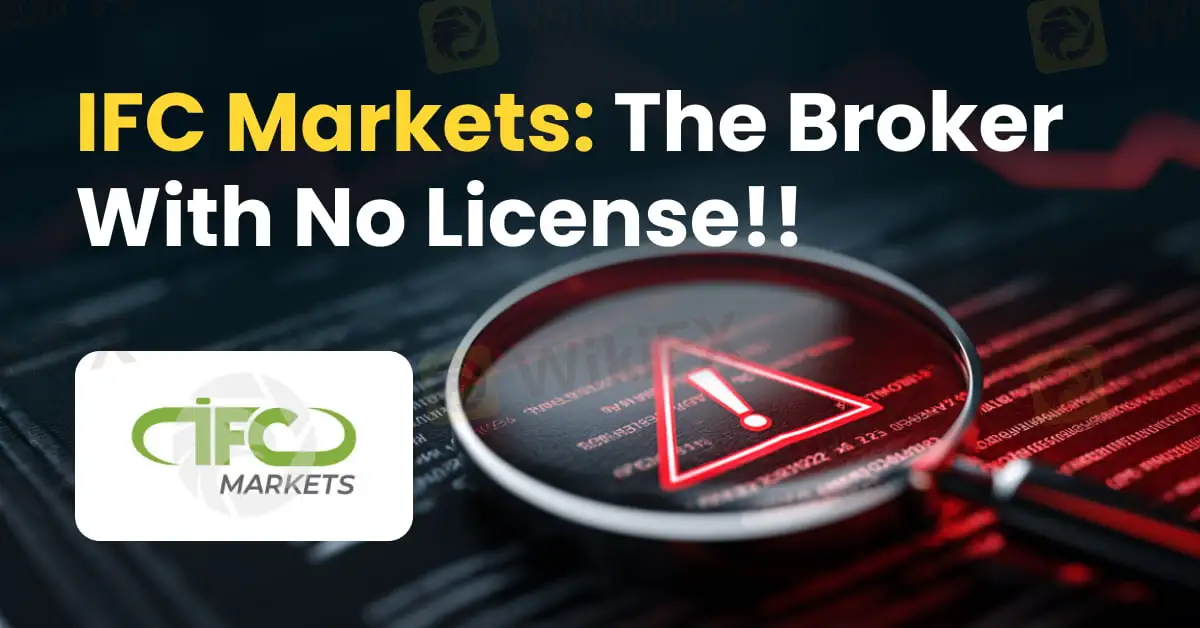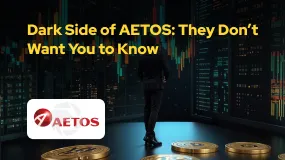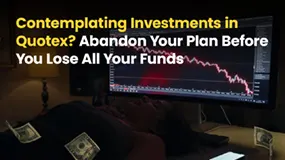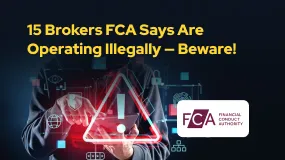简体中文
繁體中文
English
Pусский
日本語
ภาษาไทย
Tiếng Việt
Bahasa Indonesia
Español
हिन्दी
Filippiiniläinen
Français
Deutsch
Português
Türkçe
한국어
العربية
IFC Markets: The Broker With No License!!
Abstract:When evaluating a forex broker, regulatory status is one of the most important indicators of credibility and investor protection. In the case of IFC Markets, WikiFX’s findings raise several red flags that potential traders should carefully consider before engaging with this platform.

According to WikiFX, a global broker regulatory query platform, IFC Markets currently holds no valid regulatory license. This absence of official oversight should be a critical point of concern for any investor or trader, as it means the broker is not subject to the supervision or compliance standards typically enforced by recognized financial authorities.
Operating without a license may allow a broker to bypass essential requirements such as capital adequacy, client fund segregation, and transparent dispute resolution processes. In heavily regulated jurisdictions, brokers must comply with rigorous financial and ethical standards. The lack of such oversight in IFC Markets' case introduces a higher degree of operational and financial risk for clients.
Additionally, IFC Markets has received a WikiScore of 1.53 out of 10, a notably low rating. This score is based on a range of factors, including license verification, business operations, trading environment, risk control, and customer feedback. A score this low suggests that the broker may fall short in providing a safe and reliable trading experience.


In environments where transparency is lacking, traders may face difficulties such as poor fund security, slow withdrawal processes, or even the inability to retrieve deposits. For those unfamiliar with regulatory implications, a license is not merely a legal formality. It acts as a safeguard against malpractice, ensuring the brokers accountability.
Without valid licensing and with such a low trust rating, IFC Markets may expose users to greater financial uncertainty. Even if the broker offers attractive trading terms or promotional incentives, the absence of regulation significantly diminishes its credibility and investor protection mechanisms.
Investors are strongly advised to perform due diligence when selecting a trading platform. Resources like WikiFX offer helpful tools to assess the real regulatory status and operational claims of brokers. In today‘s online trading environment, being informed is not optional—it’s essential.
Choosing a regulated broker can greatly reduce your exposure to unnecessary risks. When a broker is operating without oversight, its worth asking: What are they hiding, and are you willing to take that chance?

Disclaimer:
The views in this article only represent the author's personal views, and do not constitute investment advice on this platform. This platform does not guarantee the accuracy, completeness and timeliness of the information in the article, and will not be liable for any loss caused by the use of or reliance on the information in the article.
Read more

Dark Side of AETOS: They Don’t Want You to Know
AETOS is an Australia-based broker. All over the internet, you will find positive reviews about this broker, but no one is talking about the risks involved with AETOS. However, we have exposed the hidden risks associated with AETOS

Contemplating Investments in Quotex? Abandon Your Plan Before You Lose All Your Funds
Have you received calls from Quotex executives claiming to offer you returns of over 50% per month? Do you face both deposit and withdrawal issues at this company? Or have you faced a complete scam trading with this forex broker? You're not alone. Here is the exposure story.

15 Brokers FCA Says "Are Operating Illegally" Beware!
If a reputable regulator issues a warning about unlicensed brokers, it's important to take it seriously — whether you're a trader or an investor. Here is a list you can check out- be cautious and avoid getting involved with these scam brokers.

Scam Alert: Revealing Top Four Forex Scam Tactics Employed to Dupe Investors
Gaining and losing on forex trades is normal, but not scams that siphon out millions in no time! In this article, we will reveal forex scam tactics. Read on!
WikiFX Broker
Latest News
Lead Prices Remain in the Doldrums Despite Seasonal Expectations
Myanmar Tin Ore Shipments from Wa Region Set to Resume
Major U.S. Banks Plan Stablecoin Launch Amid Crypto Regulations
SHFE Tin Prices Stabilise in the Night Session After Initial Decline
Treasury yields rise as Trump denies plans to fire Fed Chair Powell
Forex Trading Simulator vs Demo Account: Key Differences
Different Forex Market Regulators But One Common Goal - Investor Safety
Do You Really Understand Your Trading Costs?
5 Reasons Why Some Traders Choose XChief
Harsh Truths About ATC Brokers Every Trader Must Know
Currency Calculator


